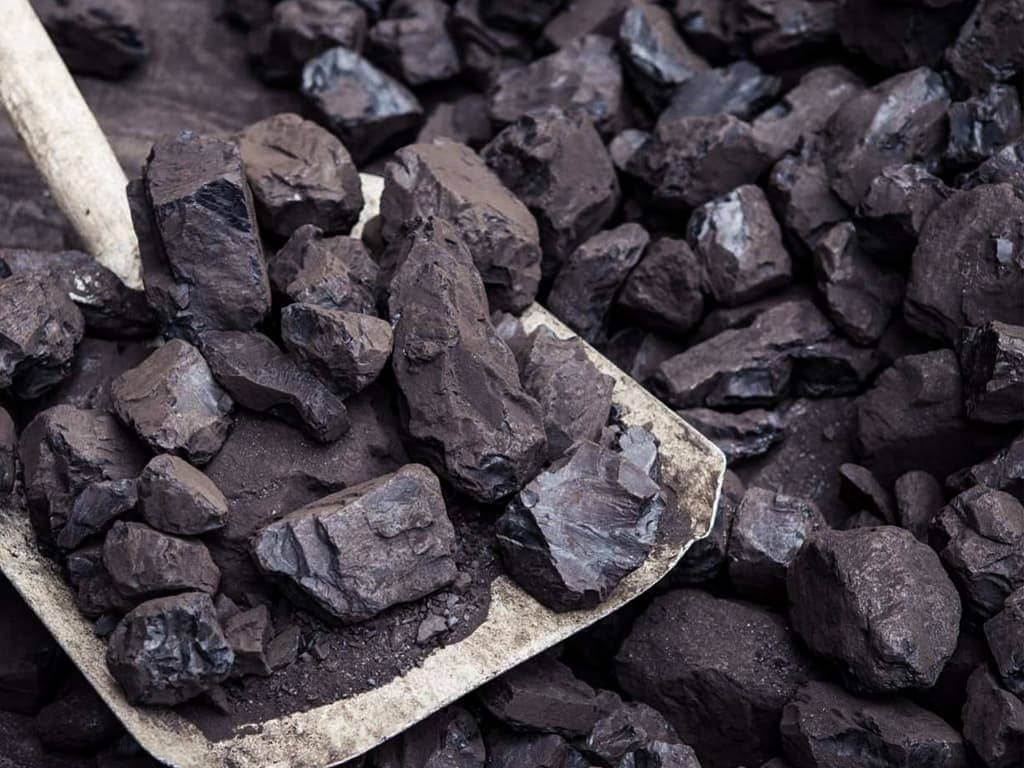Coking Coal

Metallurgical Coal
What is Coking Coal?
Coking coal, also known as metallurgical coal, is a specific type of coal used to produce coke, a crucial material in the steelmaking process. Not all coal types are suitable for coke production—only coal with specific properties can be used to produce high-quality coke. This makes coking coal essential in the steel industry, particularly in blast furnace operations, where coke plays a vital role.
Primary Uses of Coking Coal
1. Coke Production for Steelmaking
The main use of coking coal is in the production of coke, which is used in blast furnaces to convert iron ore into pig iron. Coke serves two key functions: it acts as both a heat source and a reducing agent, helping to extract oxygen from iron ore to produce molten iron.
Coke is made by heating coking coal in coke ovens to very high temperatures (around 1,100°C) in the absence of air. This process causes the coal to become plastic and then solidify into coke as it cools.
2. Use in Steel Mills
Beyond blast furnaces, coke is also utilised in other steelmaking processes, including electric arc furnaces and basic oxygen furnaces (BOF)—the dominant technologies in modern steel production.
3. Blending with Thermal Coal
In certain cases, coking coal may be blended with thermal coal for specific industrial applications, although this is uncommon. This practice is more frequent in industries that require lower-quality coke or alternative combustion processes.
Types of Coking Coal
1. Hard Coking Coal (HCC)
This is the highest quality coking coal, capable of producing strong, high-grade coke. It is in high demand across the steel industry and commands a premium price due to its superior performance.
2. Semi-Soft Coking Coal (SSCC)
SSCC produces lower-quality coke compared to HCC. While still used in steelmaking, it is typically priced lower because the coke it produces has reduced strength and performance characteristics.
3. Pulverized Coal Injection (PCI) Coal
PCI coal is not used to make coke. Instead, it is injected directly into blast furnaces to assist with combustion and reduce the reliance on expensive coke, making the steel production process more cost-effective.
